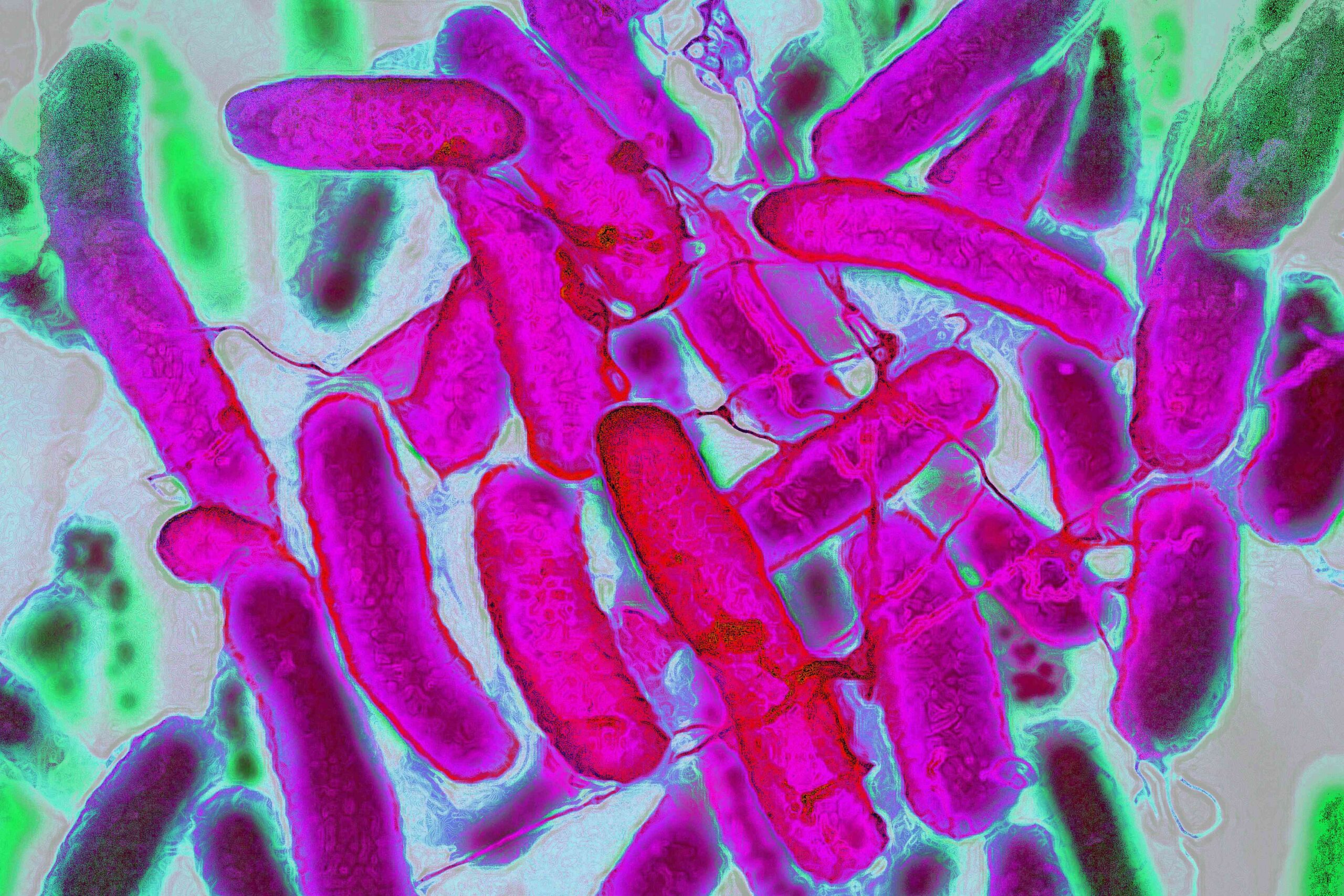:max_bytes(150000):strip_icc():format(jpeg)/Health-GettyImages-1496290149-e7d546d7d2cf433695f78a9bc53cb644.jpg)
Allergies themselves can’t cause dizziness. However, they can cause symptoms that lead to dizziness and lightheadedness. This is less common than other allergy symptoms, like sneezing, a runny nose, or itchy eyes.
Allergy symptoms happen when your immune system overreacts to allergens, like pollen or pet dander, causing inflammation. This inflammation can affect your sinuses and inner ears, leading to dizziness, lightheadedness, or a spinning sensation (vertigo). Understanding the causes of allergy-related dizziness and how to manage it can help you find relief.
Allergies are caused by your immune system having an overactive response to an allergen. Common types include seasonal allergies (e.g., pollen, ragweed) and environmental allergies (e.g., mold, dust, pet dander). Your overactive immune response can lead to inflammation and congestion, among other symptoms.
Inflammation and congestion, specifically, can lead to inner ear dysfunction. This is when your sinuses become inflamed and swollen, blocking fluid drainage out of your sinuses and leading to fluid buildup in your inner ears. Your inner ears are part of your vestibular system, which is responsible for helping you balance. Excess fluid in your inner ear can affect your balance, leading to feelings of dizziness and lightheadedness.
Inflammation and congestion can also lead to complications that cause dizziness, including:
- Eustachian tube dysfunction: Eustachian tubes connect your middle ear to the back of your throat and help regulate ear pressure. Nasal and sinus congestion, as well as fluid buildup, can block these tubes, keeping them from functioning correctly. This dysfunction can lead to a feeling of fullness in the ears, pressure imbalances, and dizziness.
- Otitis (ear infections): Allergies can contribute to middle ear infections (otitis media) by causing fluid build-up behind your eardrum. This unmoving fluid creates an environment for bacteria or viruses to grow, leading to infections that can cause dizziness, ear pain, and hearing issues.
- Sinusitis (sinus infections): Prolonged congestion from allergies can lead to sinus infections, where blocked sinuses trap mucus and allow bacteria to grow. Inflammation and pressure from sinusitis can affect nearby structures, including the inner ear. This can lead to dizziness and balance problems.
Some allergy medications, particularly antihistamines like Benadryl (diphenhydramine) and Unisom (doxylamine), have sedative effects that can cause dizziness, drowsiness, and impaired coordination.
What About Allergic Reactions?
Severe allergic reactions, such as anaphylaxis, can sometimes cause dizziness. However, dizziness will occur with other symptoms such as hives (urticaria), swelling (angioedema), respiratory distress, digestive issues, or a significant drop in blood pressure.
Anaphylaxis is a rare, life-threatening reaction that can occur in response to food allergens (e.g., peanuts, shellfish, dairy, tree nuts), insect stings, or certain medications. Dizziness in this context is typically due to a sudden drop in blood pressure. It develops quickly, usually within minutes after exposure to the allergen.
Contact allergies—such as reactions to latex or poison ivy—typically do not cause dizziness, as they primarily affect your skin rather than your respiratory or circulatory systems. Similarly, mild allergic reactions that do not involve the sinuses, ears, or blood pressure changes are unlikely to cause dizziness.
You may experience dizziness as lightheadedness, imbalance, or wooziness or feel a sensation of fullness or pressure in your ears. In more severe cases, dizziness may lead to vertigo, where you feel like you or your surroundings are spinning. If you have dizziness from allergies, you’ll likely have other common allergy symptoms.
These symptoms may include:
- Nasal congestion
- Sneezing
- Itchy eyes, nose, or skin
- Runny nose
- Red, watery eyes
Many conditions can cause dizziness, so it’s important to consider the timing and other symptoms you are experiencing to determine if allergies are causing it. If you have dizziness during certain times of the year, such as spring when pollen counts are high or after exposure to allergens, it’s likely due to allergies.
Managing allergy-related dizziness involves addressing the root cause, which is your immune system’s response to allergens. Allergy treatments help relieve most allergy symptoms, including dizziness.
Treatment options include:
- Manage indoor allergens: If you’re experiencing seasonal allergies, minimizing your exposure by keeping your environment clear of allergens, such as pollen, dust mites, mold, or pet dander, can help relieve symptoms. Use air purifiers, keep your windows closed on days with high pollen counts, and clean your home regularly to eliminate airborne allergens.
- Take over-the-counter or prescription medicine: Antihistamines, like Claritin (loratadine), can relieve allergy symptoms and help control dizziness. Discuss alternatives with your healthcare provider if you’re taking an antihistamine that’s causing dizziness. Decongestant nasal sprays relieve nasal congestion and reduce fluid buildup in the sinuses and inner ears. Nasal corticosteroids can reduce pressure and swelling in the sinuses.
- Take allergy shots (immunotherapy): If you have severe allergies, immunotherapy can gradually reduce how your body reacts to allergens, leading to less frequent and severe symptoms over time.
You should speak to a healthcare provider if your dizziness:
- Doesn’t go away or improve with treatment
- Is severe or interferes with your daily activities
- Happens without other allergy symptoms present
Seek immediate medical attention if you experience dizziness and any of the following symptoms:
A healthcare provider can perform a physical exam, ask about your medical history and symptoms, and order diagnostic tests to determine if your dizziness is allergy-related or a symptom of another issue.
Allergies can cause dizziness when inflammation and fluid build-up in the sinuses and inner ear affect your balance. Allergy-related dizziness often includes a feeling of fullness in the ears and lightheadedness, along with other common allergy symptoms like runny nose, sneezing, and congestion.
Allergy treatments can help reduce the frequency and severity of allergy-related dizziness. If you experience persistent, severe, or worsening dizziness, seek medical attention to determine the underlying cause and appropriate treatment.




